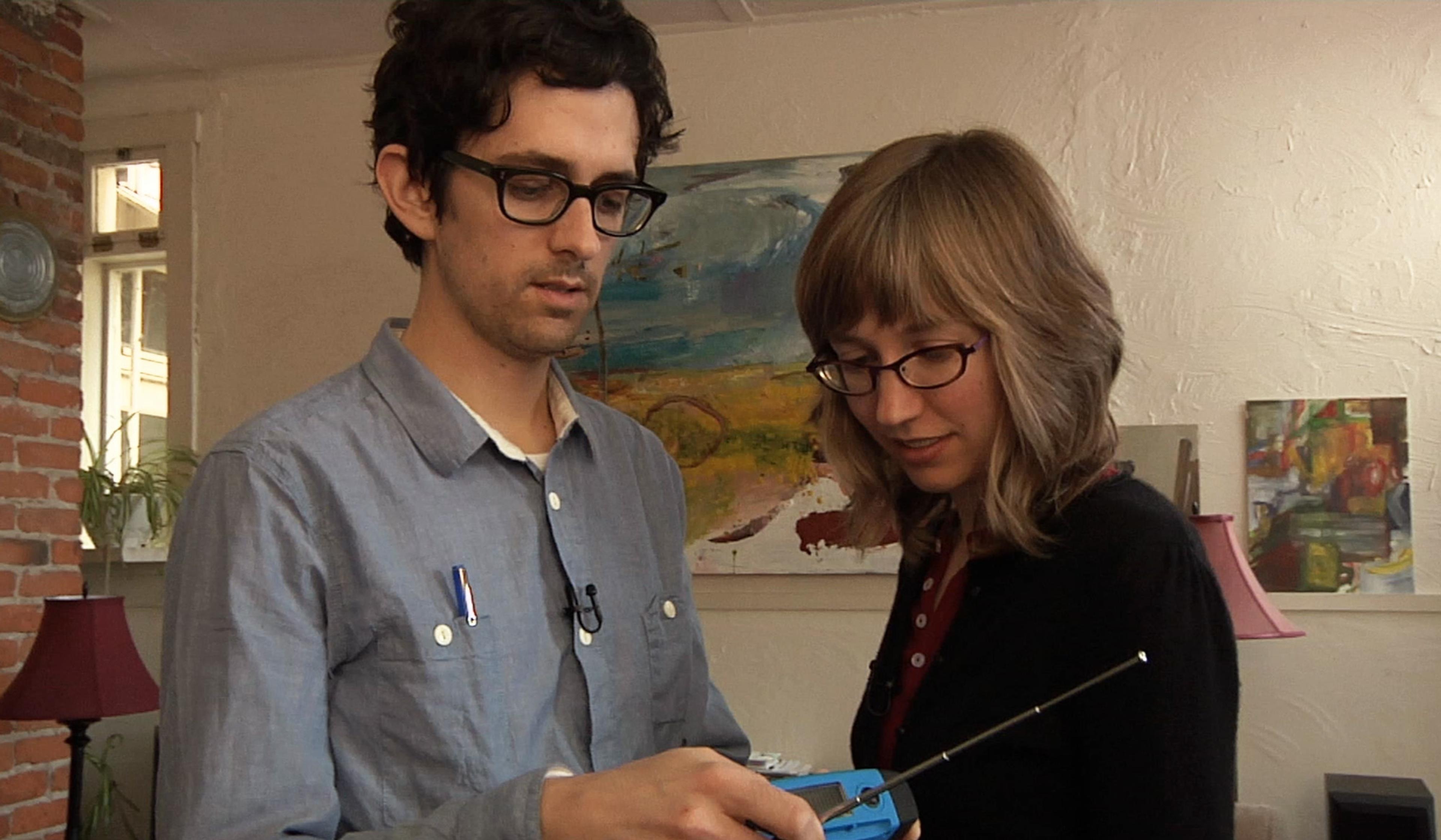In 1973, near the height of the ‘population bomb’ panic, a computing programme called World1 offered up some predictions for the future. It anticipated a grim picture for humanity based on current trajectories. Tracing categories such as population, pollution and natural-resource usage, World1 calculated that, by 2040, human civilisation would collapse – a century after the best year to have been alive on the planet: 1940.
This film was originally broadcast by the Australian Broadcasting Corporation (ABC) News as part of a report on predictions for the coming decades made by cutting-edge computing technology and leading thinkers of the time. The second segment features interviews with members of the Club of Rome, an elite think tank composed of government officials, academics and business leaders focused on the future of humanity. Their view is a bit sunnier, anticipating a world where global governments are forced to cooperate to solve complex problems, people widen their cultural horizons and work fewer hours, and limited consumption – not wealth – becomes a mark of prestige. Viewed today, it makes for an engrossing artifact, raising far more questions than it answers about humanity’s ability to effectively predict its future and correct its course.
Via Open Culture








